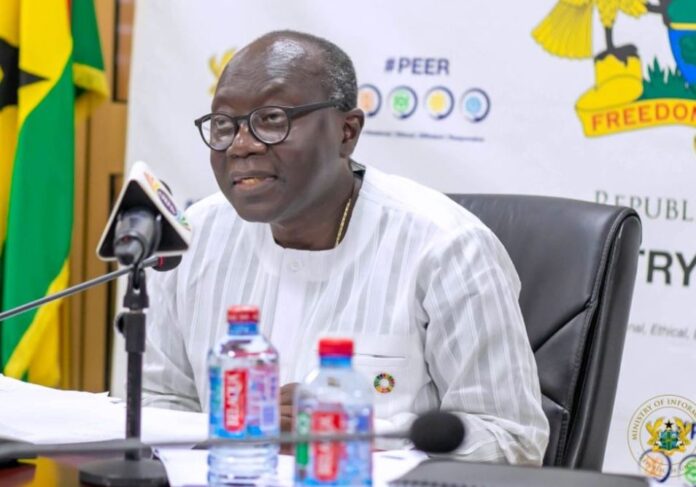
The Executive Board of the International Monetary Fund (IMF) on Friday, January 19, approved Ghana’s US$600 million second tranche for the implementation of the country’s Post COVID-19 Programme for Economic Growth (PC-PEG).
This comes following a successful completion of the first review of the US$3 billion three-month Extended Credit Facility (ECF) arrangement, and a week after the country reached an agreement with its Official Creditors.
“The completion of the first ECF review allows for an immediate disbursement of Special Drawing Right (SDR) 451.4 million (about US$600 million), bringing Ghana’s total disbursements under the arrangement to about US$1.2 billion,” the Fund said in a statement issued on Friday evening.
The Fund observed that Ghana’s performance under the programme has been strong, with all quantitative performance criteria for the first review and almost all indicative targets and structural benchmarks been met.
“Continued efforts to protect the vulnerable and to create space for higher social and development spending are also key,” Mr Bo Li, Deputy Managing Director and Acting Chair, IMF, said in the statement.
He also encouraged government to improve tax administration, strengthen expenditure control and management of arrears, enhance fiscal rules and institutions.
Mr Li also stated that it was important for government to improve State-Owned Enterprises (SEOs) management to ensure lasting adjustment.
Ghana’s three-year USS3bn PC-PEG with the IMF is aimed at restoring macroeconomic stability and debt sustainability, including wide-ranging reforms to build resilience and lay the foundation for stronger and more inclusive growth.
In the statement, the Fund observed that Ghanaian Authorities took decisive steps to rein in inflation and rebuild foreign reserve buffers.
It also maintained an appropriately tight monetary stance and enhanced exchange rate flexibility are key to achieving the programme’s objectives.
Also, the Bank of Ghana (BoG) deployed its regulatory and supervisory tools to mitigate the impact of the domestic debt restructuring on financial institutions.



